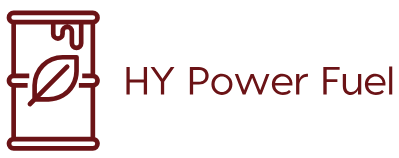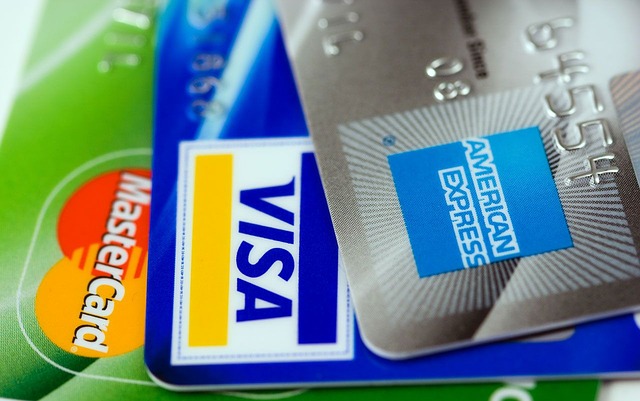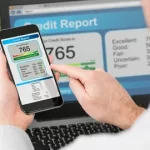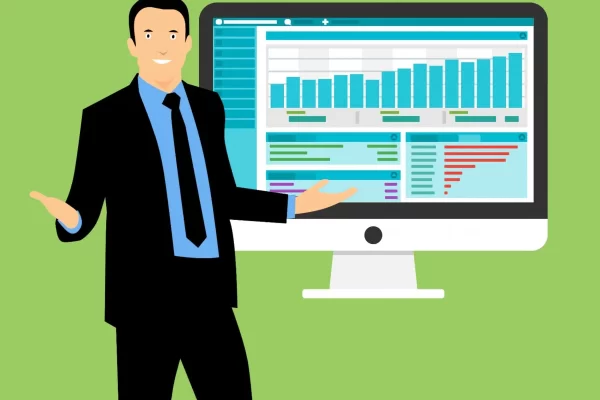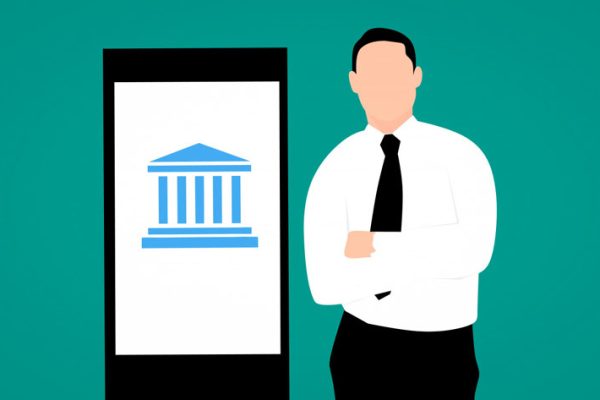Americans owe more than $1.56 trillion in student loan debt, which exceeds the nation’s total credit card debt by about $521 billion. Students, in particular, face an uphill battle when it comes to managing finances and navigating overwhelming amounts of debt. Not only are about 45 million borrowers saddled with student loans, but college students are lumped into the staggering statistics on credit card debt as well.
Managing consumer debt as a student is challenging. Not only do most college students lack a full-time, sustainable salary, but they generally live a more transient life that often encourages borrowing and putting items on credit with the intention of paying them back later. However, this can steep students in a difficult situation down the road as they contend with not only their student loan repayment but also credit cards and other debts that accrue staggering amounts of interest over time.
Credit card consolidation can help students reduce their monthly costs by lowering their interest rates. However, if not tackled properly, consolidation loans can exacerbate a precarious financial situation. That said, it’s important to understand both the benefits and the consequences of taking this approach – especially for those with limited incomes, full schedules, and the inevitability of the federal government demanding student loan repayment.
How It Works
If you’re a student interested in consolidating your credit card debt, you can apply for a new loan from a bank or other financial institution like a private lender or even a debt relief company. Keep in mind that in order to successfully obtain a loan at a reasonable interest rate, you will need to have reasonably strong credit. Once you’ve qualified for a loan, you will use the proceeds from the new loan to pay off the existing, high-interest credit card debt.
While you may think it best to close your credit accounts after you’ve paid off your debts, it’s advisable to keep them open: Closing your cards can actually harm your debt-to-credit ratio, which could negatively impact your credit score (especially if you already have student loans). Be mindful, though, that if you proceed to run up balances on your credit cards immediately after paying off your initial debt, you’ll end up in the same situation as before – but this time, you may be facing this debt along with your monthly student loan payments.
Your Options
There are several ways to tackle credit card consolidation, but the two that are most applicable to students are credit card balance transfers and personal loans.
A credit card balance transfer involves shifting your credit card debts from separate accounts to one new account. Some balance transfer cards offer promotional interest rates at 0%. However, although the new card will simply require minimum monthly payments, it is best to pay more than the minimum so that you can repay the balance before your interest rates increase.
You can also consider applying for a personal loan from a local bank or credit union – just make sure you compare the interest rates, monthly payment amounts, application fees, and repayment periods to confirm that it’s manageable for your budget. Always consider the big picture: not just your monthly payment amount. For instance, if your interest rate is low but your repayment period is long, you may actually end up paying more over time.
The Benefits
Credit card consolidation offers significant advantages, for instance:
- Lower interest rates – The lower rates that generally apply to consolidation loans allow you to pay more on the debt principal and get out of debt faster.
- A boost in your credit score – If you use additional credit through a consolidation loan, your score may increase.
- Stress reduction – Consolidating your debts simplifies your payment schedules so you are only making one rather than multiple payments.
The Drawbacks
Nonetheless, there are certain disadvantages to credit card consolidation, all of which you should carefully consider.
- Your low interest rates may not last. If you transfer your balances, recall that the promotional low interest rate likely won’t last beyond a certain period. If you drag out your payments or miss a few, you may end up paying interest anyway.
- It doesn’t solve the underlying problem. If you have a spending problem, this option won’t fix the root issue. If you pursue this approach, make sure you understand how you got into this situation and what you can do moving forward to avoid slipping into debt again.
When to Consolidate
The decision to consolidate your credit card debt depends entirely on your particular financial situation, your budget, the amount of your debt, and your comfort level with tackling your debt in this particular way.
It may be advisable to first get a handle on your spending habits before you take this step so that you can start the process with your eyes wide open. By doing so, you can ensure that you are addressing the problem from its roots, rather than relying on credit card consolidation as a quick fix. No matter what you ultimately decide, taking stock of your financial situation and committing to healthier spending habits will benefit you in the long-term.
Author Bio:
Tim has a finance degree from CSUF with 15 years of combined experience in CountryWide Debt Relief, a debt consolidation company. He has a great passion for writing, and he provides useful advice through his article on debt relief, debt consolidation loans and credit card consolidation.
